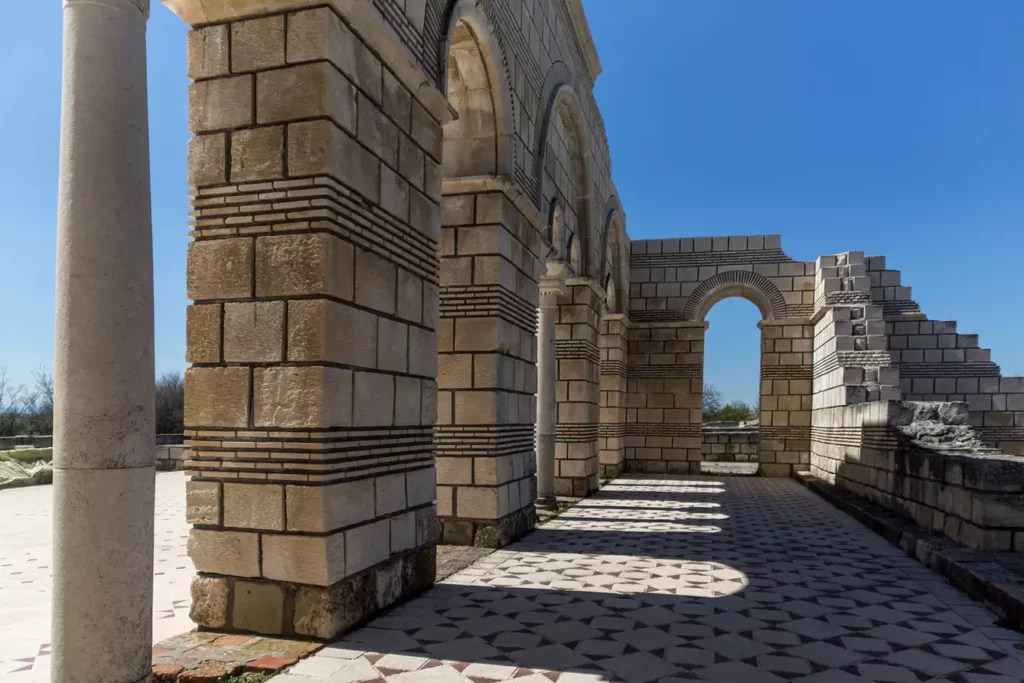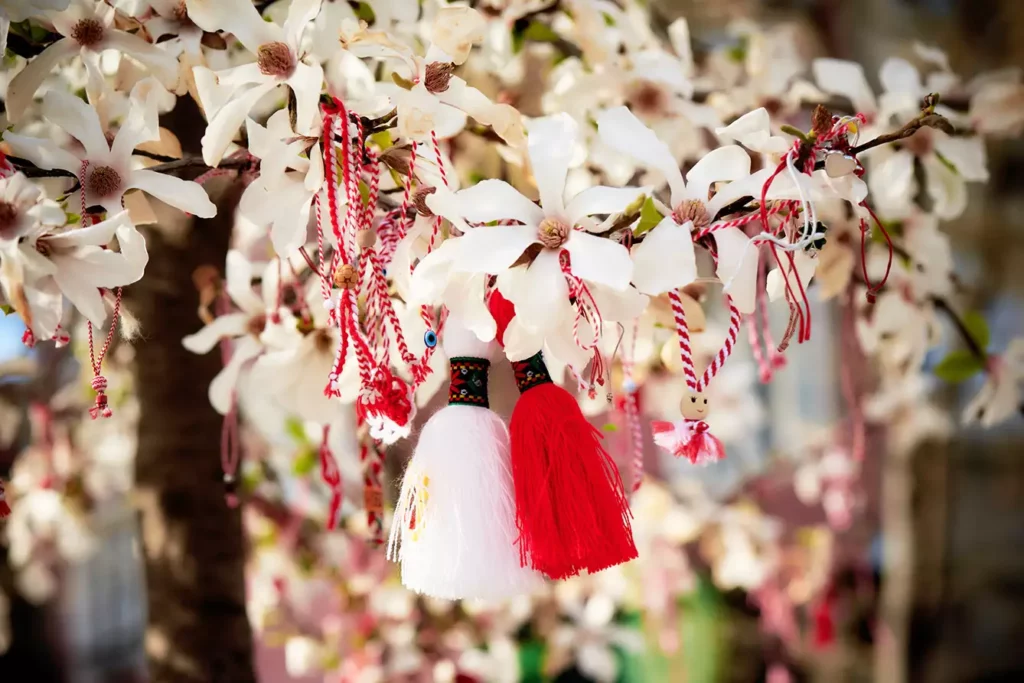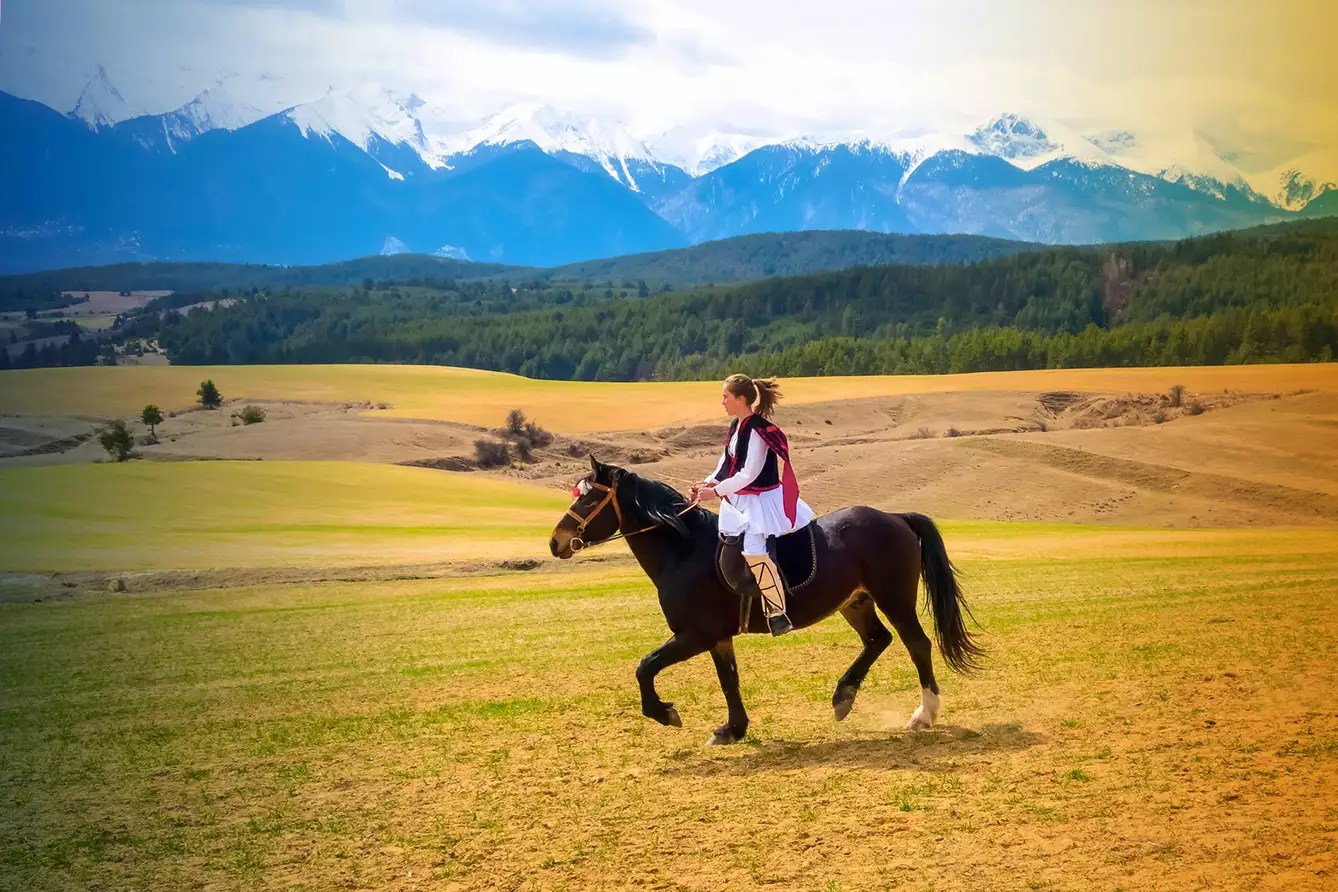Founded in the late 7th century by Khan Asparukh, ruler of Bulgars, credited with establishing the First Bulgarian Empire in 681, Pliska was the country’s capital until 893. The Bulgars were Turkic tribes living in the Pontic–Caspian steppe and the Volga region in the 7th century. Some research traces their roots further east, in Central Asia. It is believed that as they migrated westward, the Bulgar tribes absorbed other tribal groups, including Iranian, Finnic, and Hunnic tribes.
Pliska: first Bulgarian capital
The Danubian Bulgaria, or the First Bulgarian Empire, is where the Bulgars became politically and militarily elite. But over the years, they merged with local Byzantine and Slavic populations. Today, an ethnically diverse country, Bulgaria is part of the larger Slavic family. But given its beginnings, how is the cultural heritage of the Bulgars, also called proto-Bulgarians, being preserved? It’s complicated.

“Unfortunately, the role of the Bulgars in the formation of Bulgarian nationhood in the Middle Ages is still underestimated by some professional historians today,” thinks Docent Stefan Minkov, a historian at the Konstantin Preslavsky University of Shumen. The balance between the different ethnic components – Bulgars and Slavs mostly – is somewhat controversial. “During socialism, there was indeed a tendency to overestimate the historical role of the Slavs in the name of understanding between the Slavic people,” he adds.
Bulgarian St. Theodore’s Day
“First of all, I do not accept the formulation “Proto-Bulgarians.” This is a scientifically introduced term. They were Bulgars, or Bulgarians, as stated in the historical sources,” Plamen Yotov, a high school history teacher, explains. “The Bulgars left us treasures – like their an exceptional technological level in metal processing, as well as all the techniques – casting, engraving. Few peoples have had such skill and precision in manufacturing specific metal products.”
When it comes to Bulgar festivals making their way into contemporary Bulgarian tradition, the question remains open. Historians are still unsure whether certain traditions originate with the Bulgars, or perhaps have roots from other local tribes, like the Thracians.
“The most powerful manifestation of the Bulgar’s heritage is the martenitsa, though many attempts are made to link it to the ancient Thracians,” believes Prof. Plamen Pavlov, a historian at St. Cyril and St. Methodius University of Veliko Tarnovo. “This wonderful spring practice was borrowed from the First Bulgarian Kingdom.”

The martenitsa, a small adornment made of white and red threads, is worn from March 1st until late March. It is a beloved tradition welcoming the arrival of spring, celebrated in countries across the Balkans, as well as in Romania and Moldova. According to Professor Pavlov, the rich heritage of the ancient Bulgarians should be studied in more depth, expanding beyond the established pieces of trivia.
Horse Easter
Skilled warriors who led semi-nomadic lives, the Bulgars were famous for their cult of horses. This tradition is still alive in Bulgaria today, but its roots are also mired in mystery. On St. Theodore’s Day, marked every year on the first Saturday of the Great Lent (the Easter Fast), horse races known as kushii are held across Bulgaria. Also called Horse Easter, the day again poses the question of whether this tradition comes from the ancient Bulgars, as Thracians and tribes venturing from Asia were also known for their reverence for the horse.
Questionable origins aside, there is at least one certainty. “The only thing we took and kept without alterations is the name Bulgaria. It is the only country in Europe that has kept its name since its foundation,” says Docent Nikolay Ovcharov of the National Archaeological Institute with Museum at the Bulgarian Academy of Sciences.







